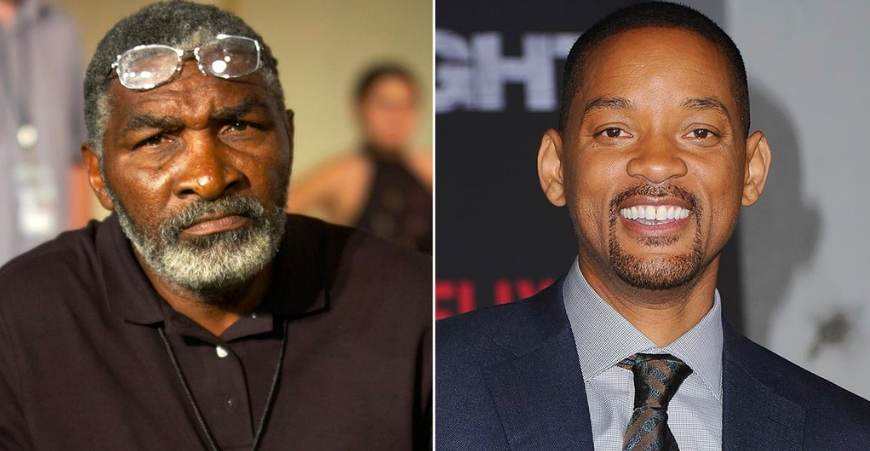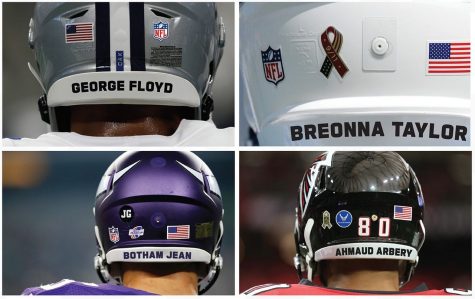Hollywood’s Colorism Issue
Hollywood has always been a business, and the concern is money.
April 26, 2019
Hollywood has always been a business, and the concern is money. For centuries, the most bankable stars have been primarily white actors. When casting for people of color, often actors with lighter skin are chosen. This is done primarily because of the belief that light skinned actors are more likely to make money than dark skinned actors.
Will Smith was recently cast as the father of tennis players Serena and Venus Williams in the upcoming film King Richard. A controversy has risen around Smith being too light skinned to play the part. This particular controversy is new, however it shines a light on similar disputes around representation in Hollywood.
The argument is valid as the real life father, Richard Williams, has darker skin. However the controversy does not solely surround this movie, but includes the history of Hollywood’s preference for bankable stars – people whom studios will invest in with little doubt. The easiest way to guarantee money is to have a star in the movie. Will Smith is that star who is almost guaranteed to get people in theater seats. Studios will put him on posters and market him so they can get people excited to buy tickets, regardless of whether or not the movie is good. Lesser known actors are not going to be a safe bet, especially actors from minority groups. It’s a shame because not only is representation limited, but also the quality of the films becomes stale with the same people being involved
Black actors, especially those with dark skin tones, are less prevalent in mainstream movies. It seems even movies adapted from books with a dark skinned lead will cast actors with lighter skin. This is the case with The Hate U Give in 2018, a film released last year. In the original book, the main character is written and illustrated as a dark-skinned black woman. However, Amandla Stenberg, a light skinned black woman was cast in the role. When the movie came out, the book’s illustrator made a point to snub the casting decision. Whether or not it greatly affects the quality of the film is up for debate, however, there was a chance for a dark skinned black woman to be cast as the lead, and it was not utilised.
This was also the case with the Nina Simone biopic, Nina, released in 2016. Outrage arose with the casting of Zoe Saldana and the use of makeup used to darken her skin. The controversy led to the movie having a limited release of four years after the film was shot. It was not well-reviewed, but remains an example of how controversy is the most memorable aspect of the film.
In the case of Will Smith, the backlash seems justified, as there are many actors who have more resemblance to the real person. As previously noted, Smith is a big star who is a bet studios are willing to make since he will guarantee a certain amount of viewership from his presence alone. It is also unlikely that a new actor will be cast, or that blackface will be used to darken Smith. This new controversy is not an isolated reaction but rather part of a greater sense of resentment at Hollywood’s lacking representation of dark-skinned African Americans. It proves once again that not only racism, but colorism are both immense issues in Hollywood.







